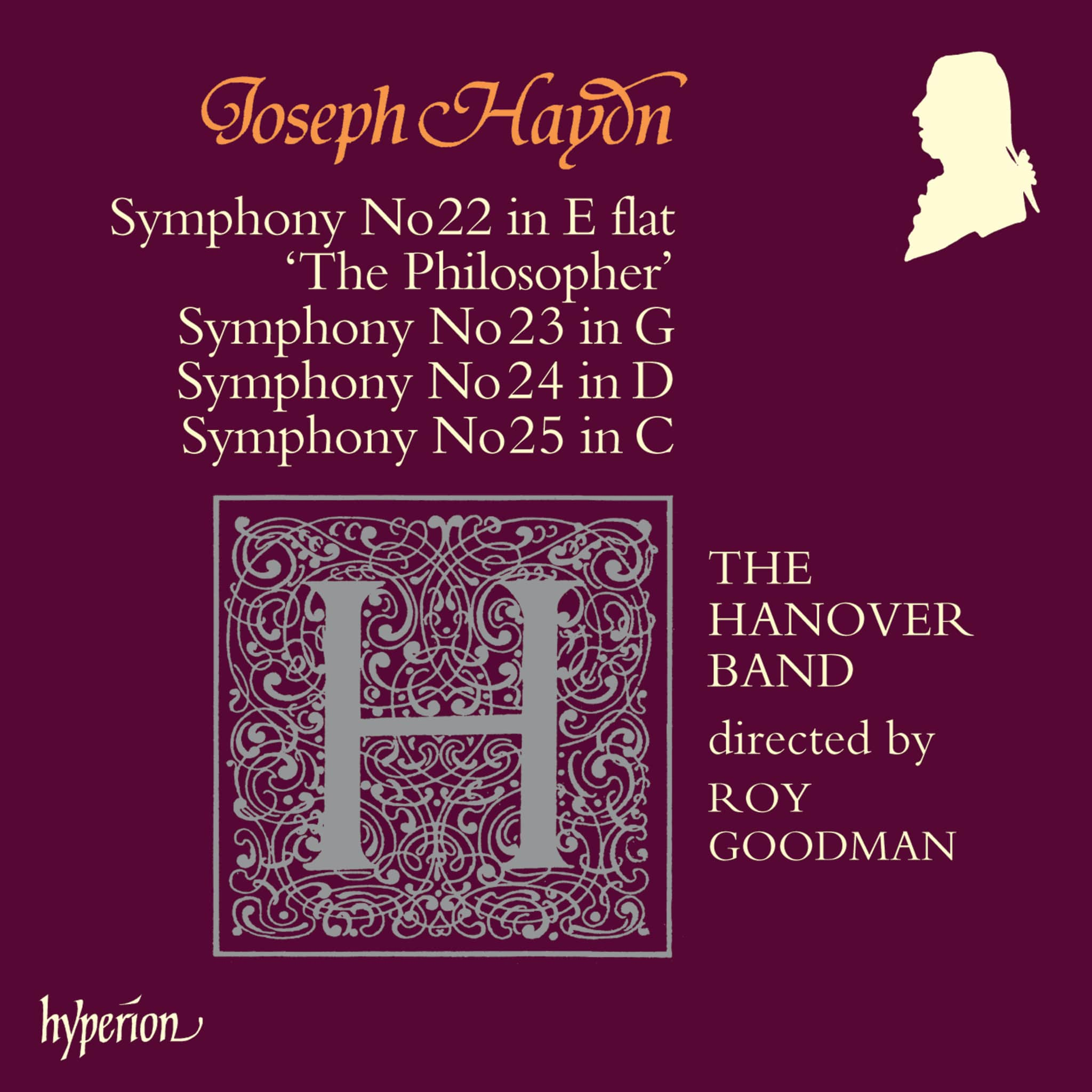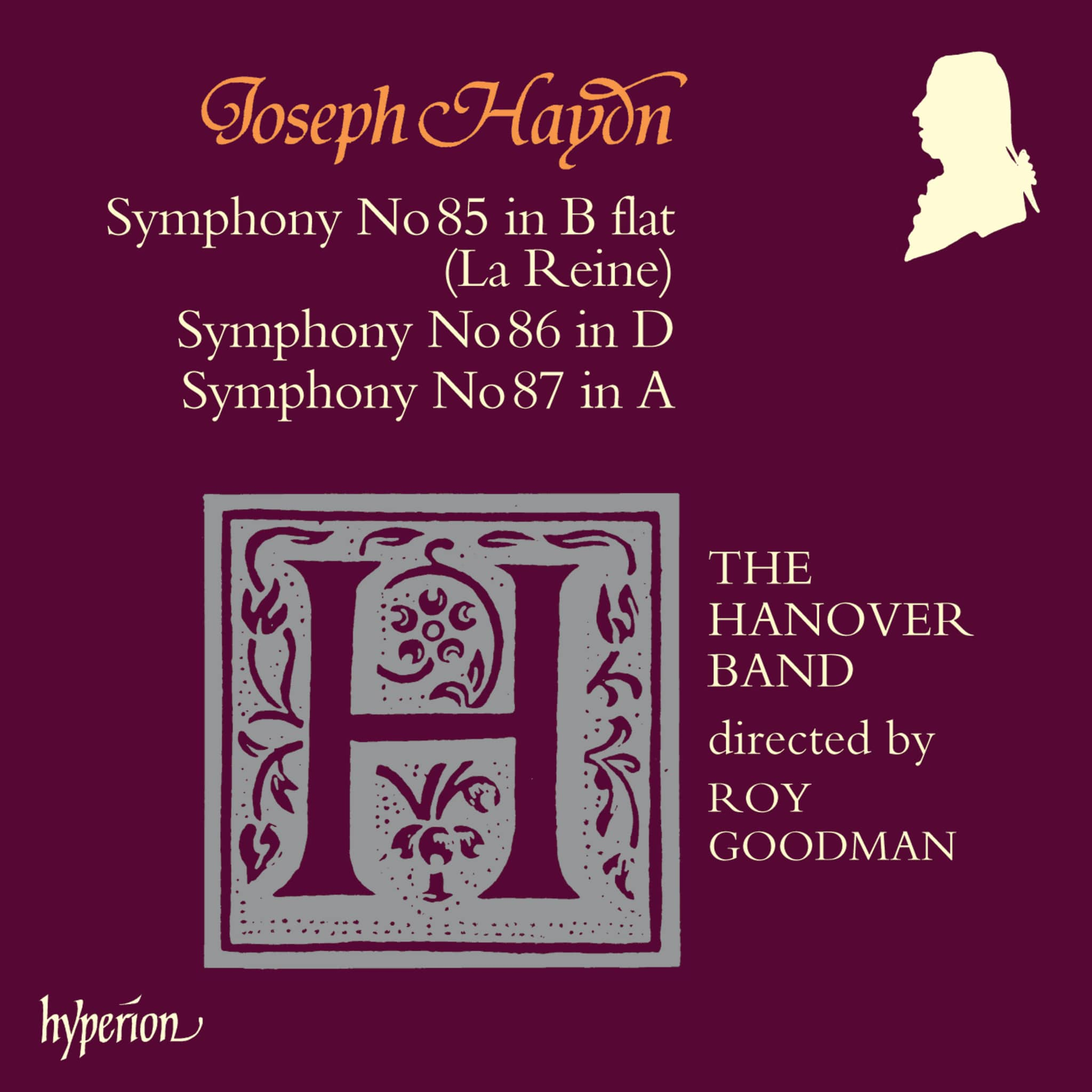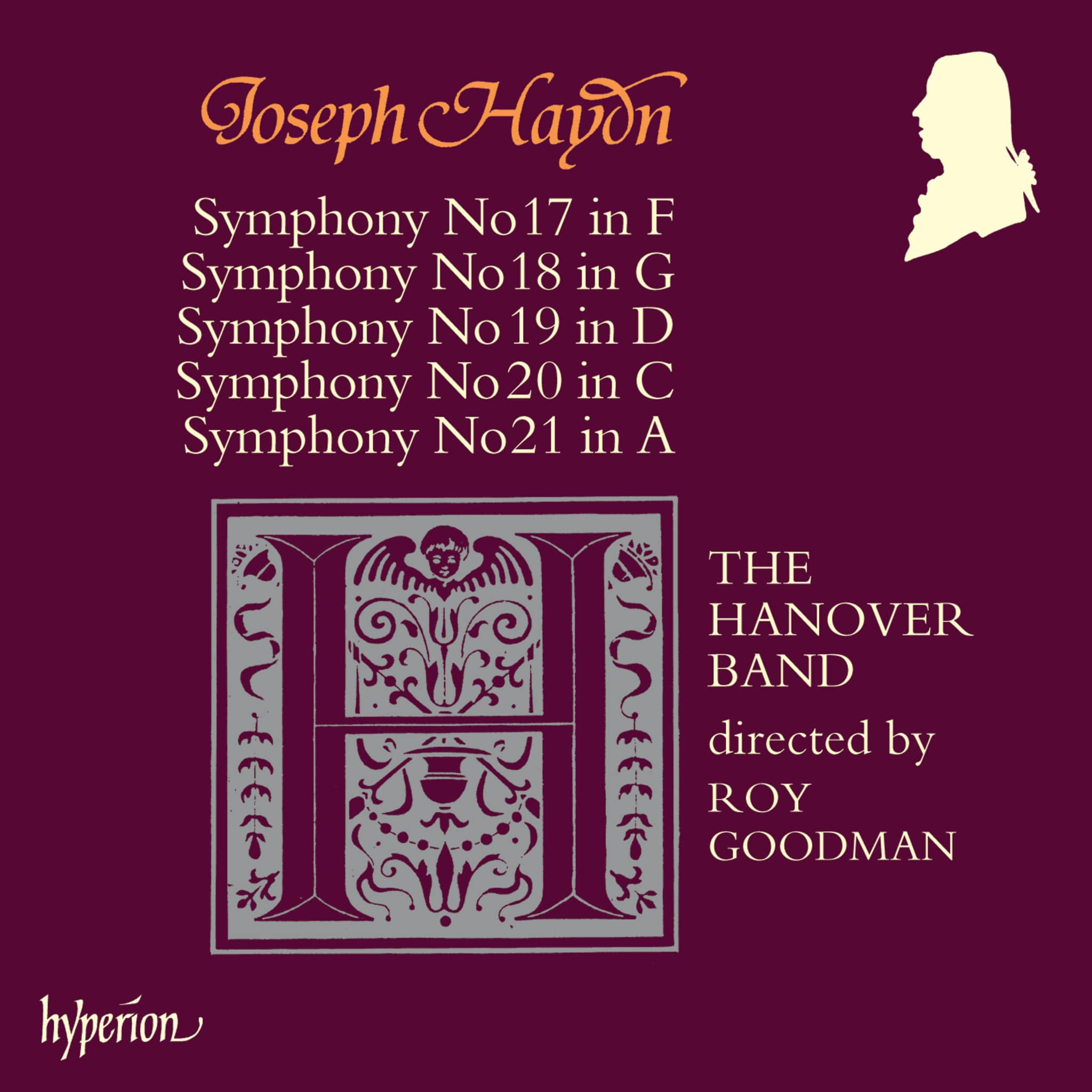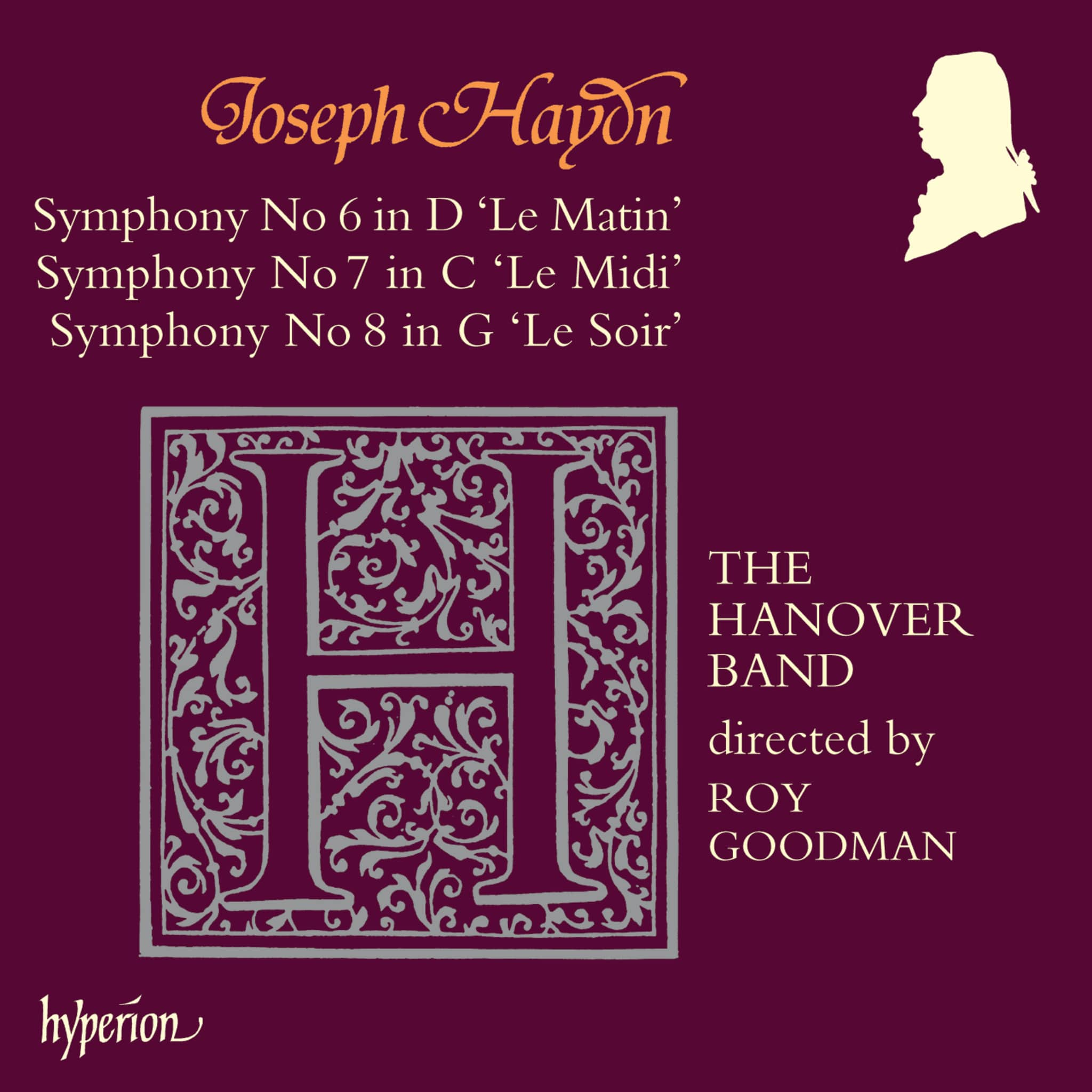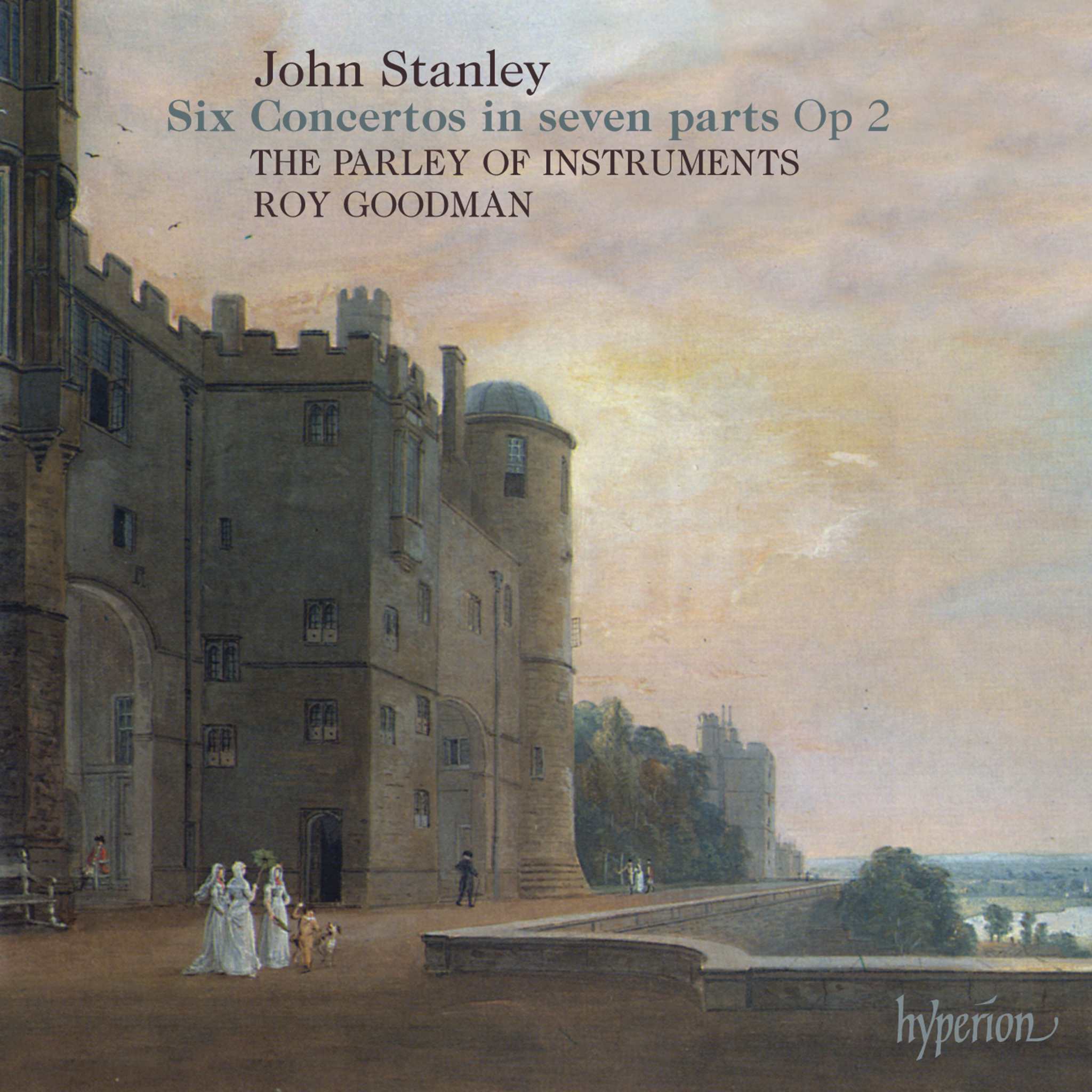Bis in die achtziger Jahre des 18. Jahrhunderts wurden Haydns Sinfonien hauptsächlich am Hof des Fürsten Nikolaus Esterházy aufgeführt. Obwohl er in der ländlichen Umgebung von Eisenstadt und Eszterháza manchmal Einschränkungen erlebte, genoss er besonders in Paris hohes Ansehen. 1785 erhielt er dort den Auftrag, sechs Sinfonien für den Comte d'Ogny zu komponieren. Die Sinfonien Nr. 82-87 entstanden bald danach. Nach dem Verkauf an einen französischen Verleger gelangten 1789 zwei weitere Werke (Nr. 88 und 89) nach Paris.
Zu diesem Zeitpunkt hatte Haydn bereits drei zusätzliche Sinfonien komponiert: Nr. 90, 91 und 92, die ebenfalls eine Verbindung zu Paris hatten. Im Jahr 1788 wurde ihm aufgetragen, drei Sinfonien für das Hoforchester des Fürsten von Oettingen-Wallerstein zu komponieren. Nach anfänglichem Zögern fand er eine Lösung, indem er drei Werke schuf und diese nach Paris sandte. Schwierigkeiten entstanden, als er ähnliche Partituren dem Fürsten von Oettingen-Wallerstein übergeben sollte. Haydn löste dieses Problem geschickt, indem er dem Fürsten nur die Orchesterstimmen schickte mit der Begründung, seine Partituren seien wegen seiner Sehschwäche nicht lesbar.
Die Sinfonien Nr. 90 und 91 wurden 1788 nacheinander komponiert. Beide beginnen mit langsamen Einleitungen, wobei sich Nr. 90 dadurch auszeichnet, dass das Allegro das melodische Hauptthema des Adagios übernimmt. Der langsame Satz ist in doppelter Variationsform gehalten, gefolgt von einem lebhaften Menuett und einem Finalsatz in Sonatenform. In der Sinfonie Nr. 91, die mit einem gemäßigten Largo anfängt, präsentiert Haydn ein weiteres beeindruckendes Werk im monothematischen Stil mit vielfältigen Variationen.
Haydn vollendete seine Sinfonie Nr. 92 im Jahr 1789, kurz vor dem Tod des Fürsten Nikolaus. Dessen Nachfolger löste das Hoforchester auf, woraufhin der Impresario Salomon Haydn nach London holte. Dort wurde ihm die Ehrendoktorwürde der Universität Oxford verliehen, und er dirigierte seine "Oxford"-Sinfonie im Sheldonian Theatre. Dieses Werk demonstrierte Haydns sinfonische Kunst der vorangegangenen Jahre. Die elegante Einleitung führt zu einem präzisen Allegro, gefolgt von einem lyrischen Adagio cantabile, einem mustergültigen Menuett und einem Presto-Finale, das durch melodischen Einfallsreichtum gekennzeichnet ist.





